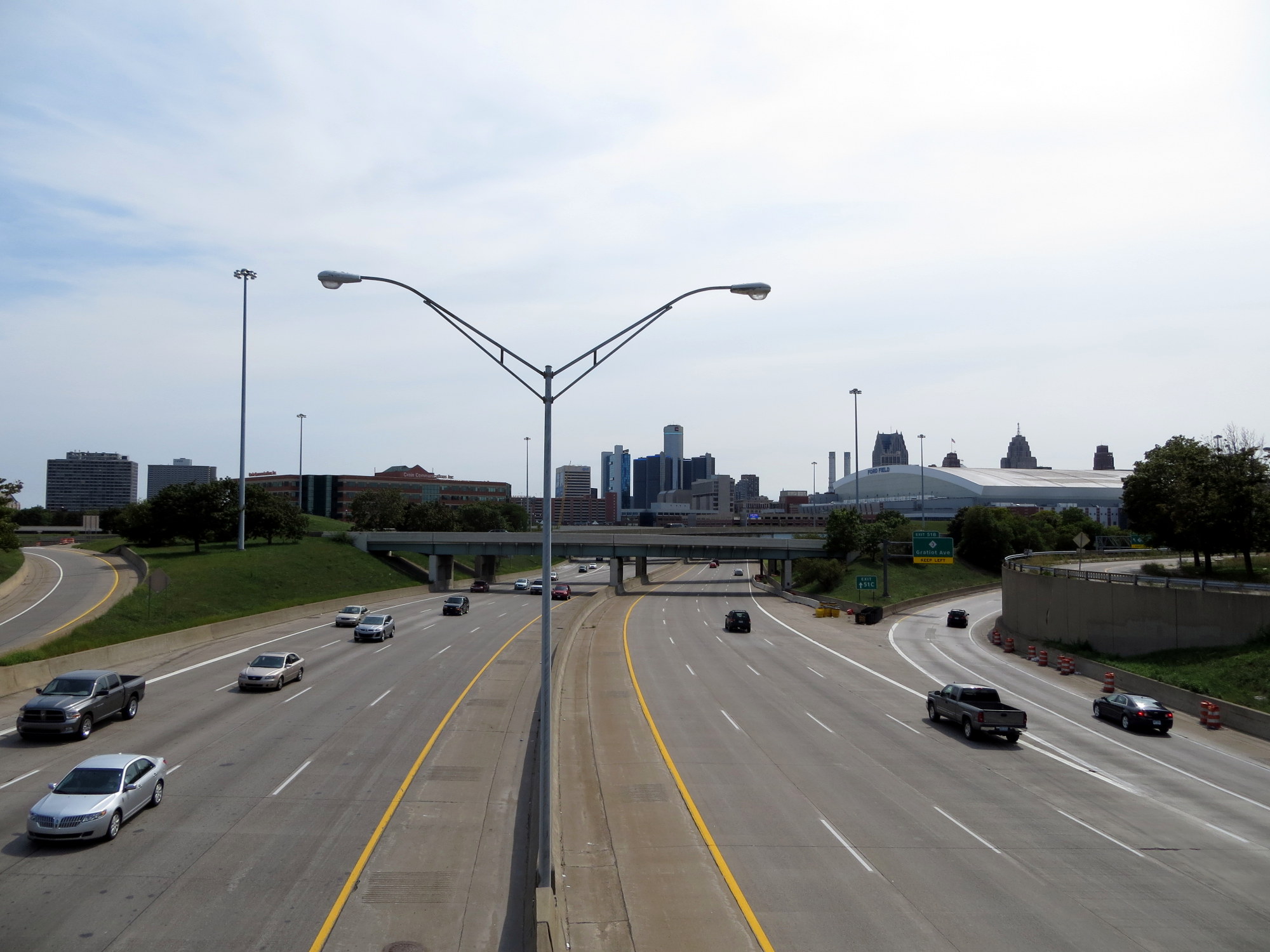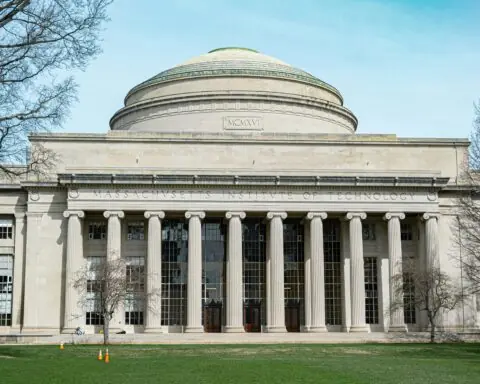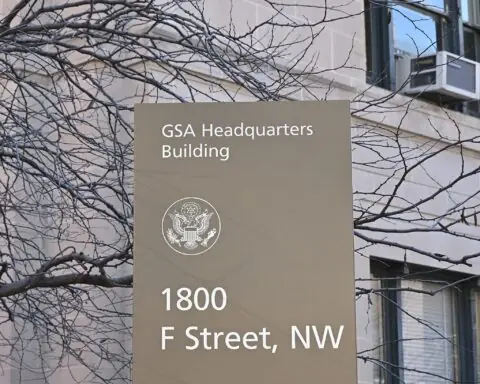Michigan lawmakers will decide on legislation that could lead to billions of dollars for infrastructure and road improvements throughout the state.
The new legislation proposed by Gov. Gretchen Whitmer would invest $3 billion in new and existing funding for urgent roadway initiatives in Michigan communities, both large and small. Dubbed “MI Road Ahead”, the long-term plan outlines the state’s strategies to ensure tax dollars are used effectively, close corporate and state tax loopholes and improve government processes that “fix the damn roads.”
“I’m excited to introduce my brand-new plan that provides a long-term, sustainable solution to fix our roads so we can help more Michiganders stay safe on the road, save money and get where they’re going faster,” Gov. Whitmer said. “My plan is fiscally responsible and balanced, with both new revenue and cuts so we can lower costs for families.”
This new legislation seeks to provide even more support for transportation by investing heavily in local roads, boosting public transit and reducing the financial burden on Michigan drivers who currently pay more than $750 a year for car repairs due to poor infrastructure, according to reports from the Michigan Transportation Asset Management Council.
Of the $3 billion in proposed road and transportation funding, $1 billion in new and current funds will be set aside to specifically support local roads and communities in need of renovations or repairs. The plan also allocates $250 million to local bus services and public transit initiatives throughout the state.
As opposed to raising taxes for residents, “MI Road Ahead” is designed to garner new funds through several funding strategies, including adjusting corporate taxes, rediverting existing gas tax funds to road projects, ensuring the public benefits from Michigan’s marijuana industry and reevaluating government processes and budget to reinvigorate roads.
The governor’s plan proposes large corporations and tech companies to “pay their fair share” while utilizing state roads and infrastructure for business. This change could potentially raise $1.7 billion in additional revenue for transportation and road improvement initiatives.
Another step outlined in the plan would adjust existing state law that segments gas tax revenue away from transportation. Reversing the law, the adjustment would direct 25% of state sales tax revenue to road projects, resulting in an estimated total of $1.2 billion for roads, bridges and public transit initiatives.
As Michigan’s marijuana industry is one of the tax-friendliest in the nation, the transportation plan intends to increase funding for roads by introducing a wholesale tax on marijuana products. As is industry standard in the state for similar smoking products, the closure of this tax loophole is expected to generate $470 million in funding to renovate Michigan roads.
The plan also seeks to improve government efficiency and cut the red tape on road projects by exploring budget cuts, finding additional savings and reducing costs in government, injecting an estimated $500 million to road and bridge initiatives.
If approved by the state legislature, the “MI Road Ahead” strategy to fix road infrastructure is anticipated to lower residents’ repair costs associated with unsafe roads, improve public safety and reduce congestion on the busiest of Michigan’s roads.
“I’m very pleased that the governor has put forward a comprehensive solution to funding Michigan’s roads,” MDOT Director Bradley C. Wieferich said. “The governor’s Rebuilding Michigan plan has made record-setting progress shoring up our state’s busiest roads and bridges, and this plan will allow MDOT and local agencies to sustain that momentum.”
Photo courtesy Sean_Marshall, CC BY-SA 2.0 https://creativecommons.org/licenses/by-sa/2.0, via Wikimedia Commons













